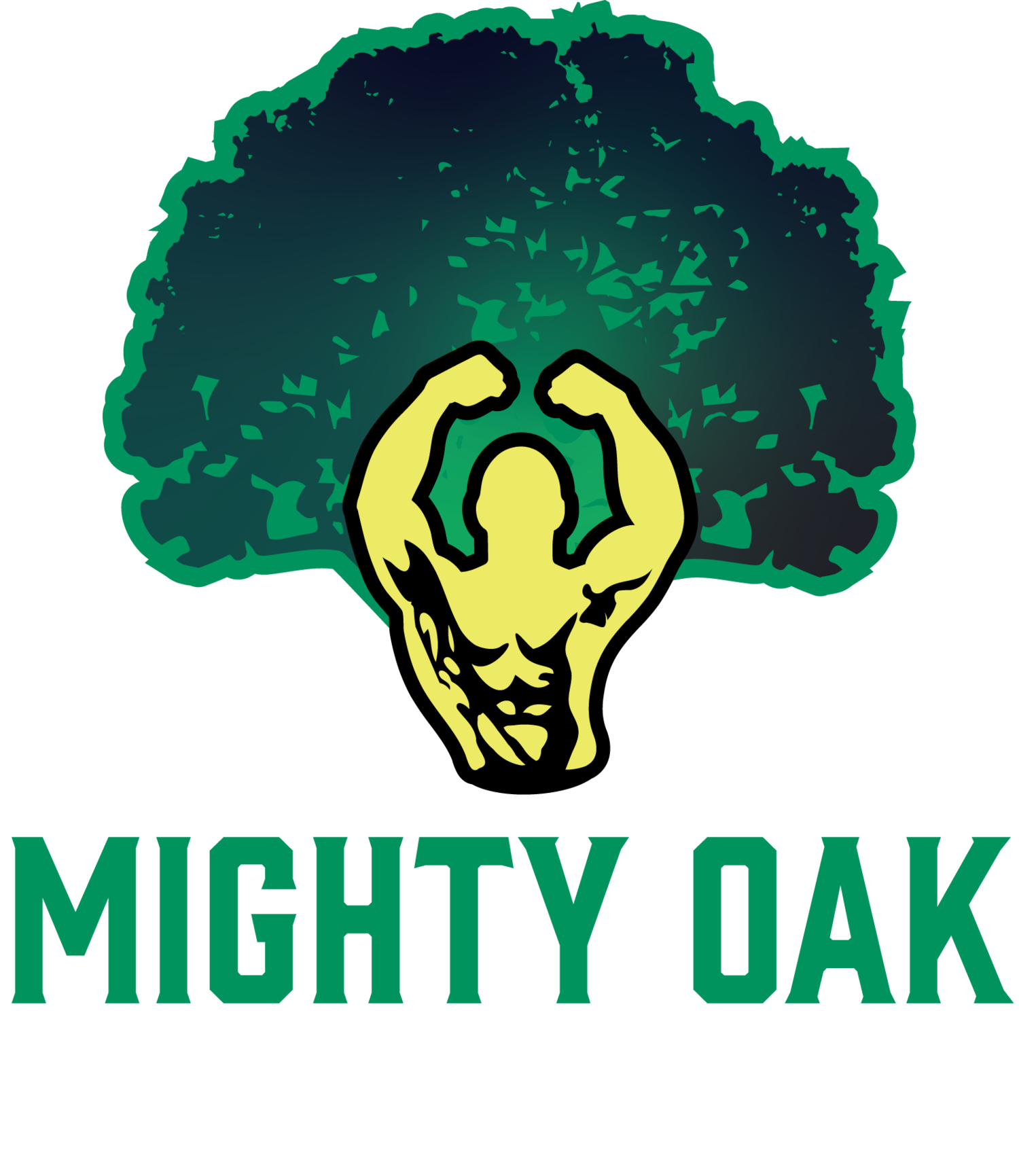Simple Nutrition Rules for Athletes
Maximize Energy and Recovery
Fueling for Success: The Basics
For student athletes, proper nutrition isn’t just about eating healthy—it’s about fueling your body for peak performance and recovery. A balanced diet can help improve energy, focus, and athletic ability while reducing the risk of injuries. By following these simple nutrition guidelines, you can ensure you’re giving your body the right fuel to excel in sports and academics.
1. Prioritize Whole, Natural Foods
The foundation of any strong nutrition plan starts with whole, minimally processed foods. Avoid pre-packaged snacks and sugary drinks, as these can lead to energy crashes. Instead, focus on foods that provide long-lasting energy and essential nutrients, such as:
• Fruits and Vegetables: These are packed with vitamins and antioxidants that help protect your body from the wear and tear of training.
• Whole Grains: Foods like oats, brown rice, and whole wheat bread offer sustained energy that keeps you going throughout your day.
• Lean Proteins: Chicken, turkey, eggs, and fish help repair muscles after workouts and contribute to growth and recovery.
• Healthy Fats: Avocados, nuts, seeds, and olive oil provide the fats your body needs to absorb nutrients and support brain function.
2. Focus on Protein for Muscle Repair
Every student athlete needs protein to repair and grow muscles. Aim to include a source of protein at every meal and snack. Some simple protein options include:
• Grilled Chicken: A lean and versatile option to add to salads, wraps, or paired with vegetables.
• Eggs: A great breakfast choice, packed with protein to keep you full until your next meal.
• Greek Yogurt: Higher in protein than regular yogurt, it’s perfect with some fresh fruit or a sprinkle of granola.
3. Stay Hydrated
Hydration is critical for performance and recovery. Dehydration can lead to fatigue, cramps, and even injury. Make it a habit to drink water throughout the day and during practice. Here are some simple hydration tips:
• Drink water with every meal and snack.
• Carry a water bottle to school, practice, and games.
• Add a pinch of salt to water or consume electrolyte drinks for longer training sessions to replace lost sodium.
4. Snack Smart
Instead of grabbing sugary snacks or chips, opt for nutritious, energy-boosting snacks. These can keep your energy levels stable between meals and practices:
• Fruit: Apples, oranges, bananas, and berries provide quick and natural sugars without a crash.
• Nuts: Almonds, cashews, and peanuts offer healthy fats and protein to keep you energized.
• Veggies with Hummus: A satisfying combination that provides fiber and protein.
5. Eat for Recovery
What you eat after training is just as important as what you eat before. Post-workout meals should focus on replenishing glycogen stores and repairing muscles. A combination of protein and carbohydrates within 30-60 minutes after activity will help your body recover faster. Some great options include:
• Smoothies: Blend Greek yogurt, a banana, berries, and spinach for a quick recovery shake.
• Turkey Sandwich: Whole grain bread, lean turkey, and some avocado make for a balanced post-workout meal.
• Protein Bars: Choose ones that are low in sugar and packed with natural ingredients.
6. Plan Ahead
Busy schedules make it easy to skip meals or grab unhealthy options. Planning your meals and snacks ahead of time ensures you have healthy choices on hand. Some tips for planning:
• Meal Prep: Cook batches of grains, proteins, and vegetables ahead of time to create easy, grab-and-go meals.
• Pack Snacks: Always have healthy snacks ready in your bag—fruit, nuts, and protein bars are great options.
7. Rest and Recovery
Proper nutrition isn’t just about what you eat—when you eat matters too. Make sure you’re getting enough rest and recovery for your muscles to rebuild and perform at their best. Adequate sleep and balanced meals go hand in hand to ensure you’re ready for practice and competition.
By following these simple rules, you can set yourself up for success both on and off the field. Nutrition is a vital part of your training routine—treat it like an important piece of your performance plan, and you’ll see improvements in strength, stamina, and overall health.
For more detailed guidance, check out the full Mighty Oak Athletic Nutrition Coaching Program for Student Athletes here.

